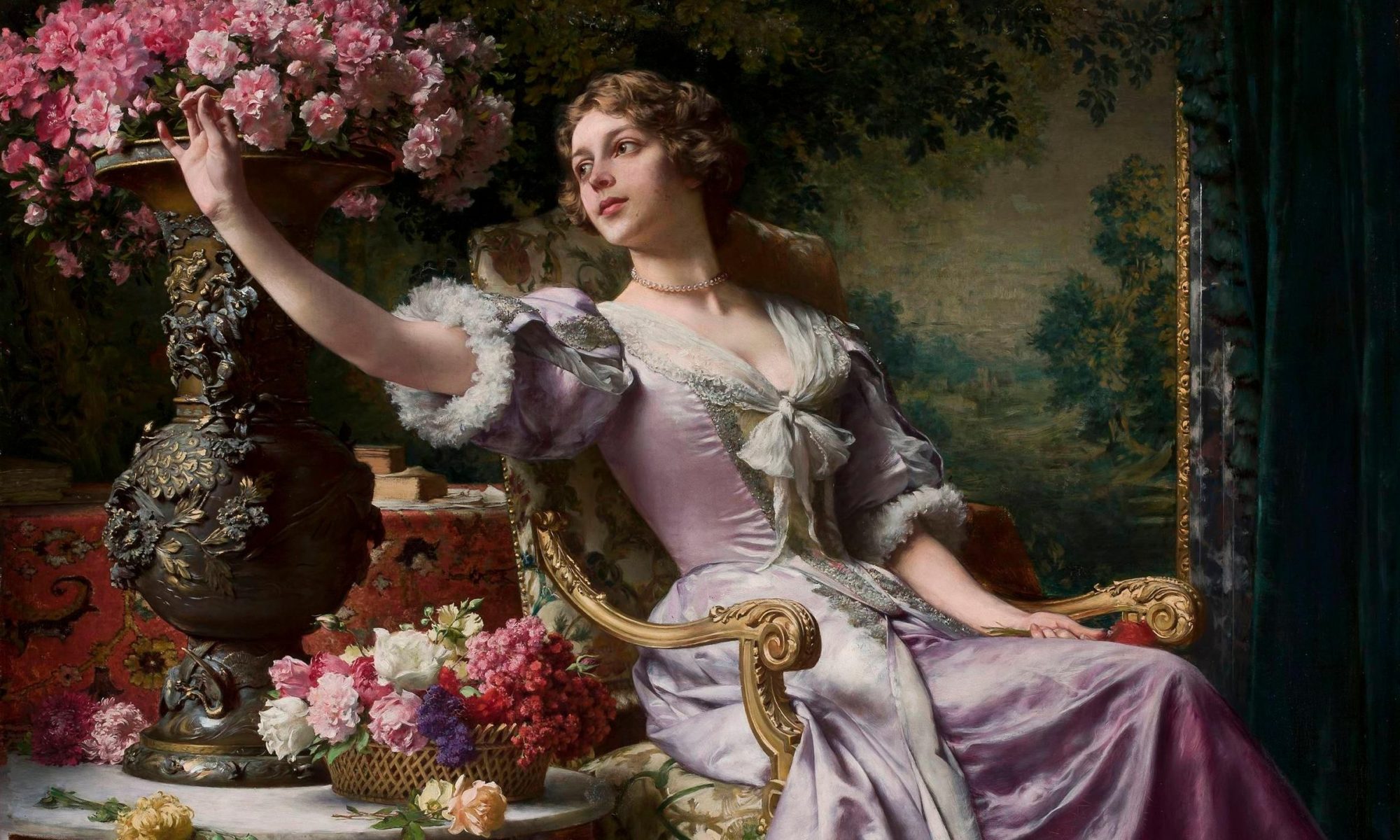Last week I decided that I needed an organizer to help my poor addled mind. Rather than purchase one, I fired up Photoshop and created some custom pages based on my own needs. Of course, I couldn’t be satisfied with just words and lines, so I went hunting in Google Books for some pretty illustrations. I came across a volume of The Delineator, published in 1909. Amid all the lovely fashion images, I found this little article on the British Children Act of 1908.
I’m adding images of children up for adoption in 1909. The Delineator helped place children each month. Their stories are heartbreaking.

~ The Day of the Child
IT HAS come at last. While we have been pondering, in this country, the evils which affect child life, our mother, the ever aggressive England, has taken the great forward step. While here one devoted band of enthusiasts has been fighting for child-labor restrictions, and another for Child Hygiene and a third for Child Rescue, our great mother nation across the sea has been formulating and has now passed a drastic act, revolutionary in its provisions, which must bring joy and heartfelt relief to all those who have long since realized the import of proper legislation in regard to the child. To quote the newspaper reports of this great forward step:
“It provides for the stricter prevention of cruelty to children and the better safeguarding of infant life, institutes children’s courts, arranges for the segregation of juvenile offenders and undertakes a wider parental control of the morals of children.”
Pawnbrokers may not accept articles in pawn from children under fourteen years of age. Innkeepers may not allow them in their barrooms. Tobacconists may not sell cigarettes to boys apparently under sixteen, and constables must confiscate cigarettes or tobacco in their possession.
“A mother may not leave a child under seven in a room where there is an open fire. Every child put out to nurse for more than forty-eight hours must be registered, and foster-parents may not insure the lives of children in their care. Severe penalties are imposed for the ill-treatment or exposure of children. The suffocation of a child of less than three years as the result of “overlying by a person under the influence of drink is cause for prosecution. It is a punishable offense to permit a child to beg, or to live in evil surroundings. No liquor may be given to a child under five except in extraordinary circumstances. A vagrant may be punished for permitting a child to wander about with him.”
Isn’t that comforting?
And, what is more: “Persons under sixteen must be tried in special juvenile courts from which the public is excluded. After January first next a child may not be sentenced to death or to penal servitude or committed to prison in default of the payment of a fine or damages. Special ‘places of detention are instituted for young offenders, where they will be free from association with adult criminals, and reformatories and industrial schools are provided.”
Much along this line has already been done in the United States, but surely here for the first time is the children’s charter, and this is truly the day of the child. While we in this country have been fighting to arouse the American sense to the fact that there is a problem which concerns the child, England has solved it. She has blazed the way. We will come along some day with a “Children’s Secretary,” there will be a “bureau” to gather data concerning the child. We will have uniform State child-labor laws and child-hygiene laws and child-rescue laws, and when we do we will have great cause for rejoicing. But meanwhile England has preceded us, and in the matter of sound forward legislation on this all-important topic we are only beginning. England has given us the Magna Charta of the Child.






“No liquor may be given to a child under five except in extraordinary circumstances.” I wonder what those would be.
@thejaneaustenproject They treated fevers, toothache, colic, and teething pain (maybe other ailments, as well) with alcohol into the 1900s. My mom remembered the doctor telling my grandparents to give my mom’s baby sister whiskey and hot toddies. I think that was in the early 1920s. Both my mom and my aunt lived to see the new century. So did one of my mom’s brothers.
Oh goodness, all the receipts for medicine back in the day. It’s interesting research!